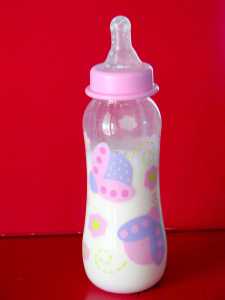02 Jan Weaning To Hydrolyzed Infant Formula Did Not Reduce Risk of Type 1 Diabetes
MedicalResearch.com Interview with:
 Mikael Knip, MD, PhD
Mikael Knip, MD, PhD
Professor of Pediatrics
TRIGR PI
MedicalResearch.com: What is the background for this study? What are the main findings?
Response: Experimental studies have indicated that the avoidance of early exposure to cow’s milk proteins reduces the cumulative incidence of autoimmune diabetes in animal models of human type 1 diabetes, e.g. BB rats and NOD mice. Epidemiological studies in humans have suggested that there may be a link between type 1 diabetes and short breastfeeding or early introduction of infant formulas. All regular infant formulas contain intact cow’s milk proteins.
The main finding was that weaning to an extensively hydrolyzed formula did not reduce the cumulative incidence of Type 1 diabetes in at-risk children by the mean age of 11 years.
The extensively hydrolyzed formula did not contain any intact cow’s milk proteins but only small peptides (maximal size 2000 daltons).
MedicalResearch.com: What should clinicians and patients take away from your report?
Response: Weaning to an extensively hydrolyzed formula over the first 6-8 months of life does not reduce the risk of type 1 diabetes in children at increased disease risk. Accordingly the use of a regular baby formula does not increase the disease risk and therefore such a formula can be recommended if breast milk is not available.
MedicalResearch.com: What recommendations do you have for future research as a result of this study?
Response: There is a need to assess other modalities implemented in infancy with the aim to make primary prevention of type 1diabetes a reality.
MedicalResearch.com: Thank you for your contribution to the MedicalResearch.com community.
Citation:
Note: Content is Not intended as medical advice. Please consult your health care provider regarding your specific medical condition and questions.
[wysija_form id=”1″]
Last Updated on January 2, 2018 by Marie Benz MD FAAD
